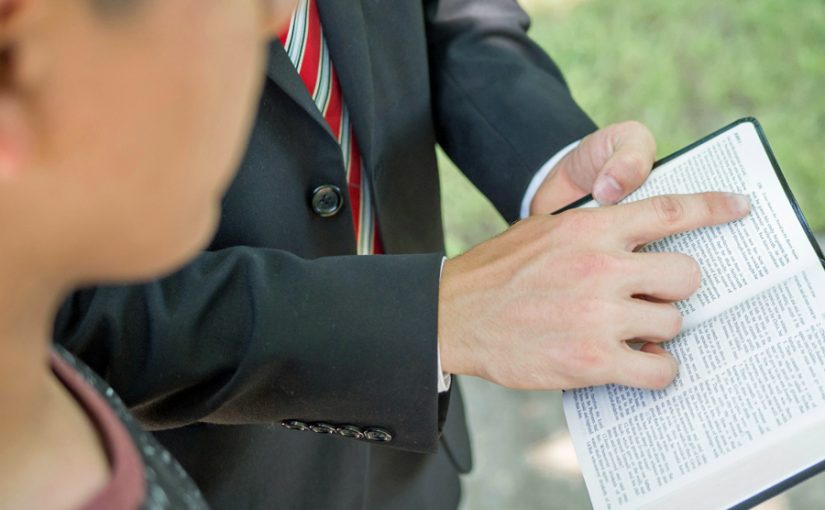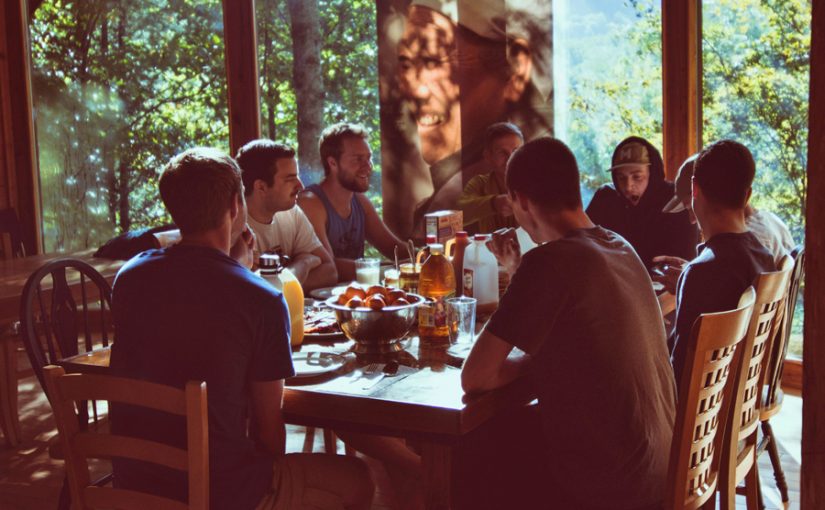A homily for the Eleventh Sunday in Ordinary Time, June 16, 2024
Ez 17:22-24, 2 Cor 5:6-10, Mk 4:26-34
Years ago, to help a friend produce her dance school students’ recital, I agreed to appear onstage as a magician — “The Great Badini.” Emphasis on “bad,” as in stumblebum. She sent me to a shop where the proprietor set me up with a few basic tricks and props, tricks even I couldn’t foul up.
I didn’t pull any rabbits out of my hat, but I did learn to pass a massive needle and thread completely and safely through a balloon before intentionally popping it. And there was this gizmo I held behind my teeth so I could pull yards upon yards of colored handkerchiefs out of my mouth.
As “The Great Badini,” I learned the secrets of making people believe the otherwise unbelievable. And I can still do those tricks.
These days, lots of people can. Make people suspend disbelief, I mean.
Unfortunately, these days it’s more a case of fooling people than persuading people to believe in what’s true and right and good.
Continue reading Suspenders









